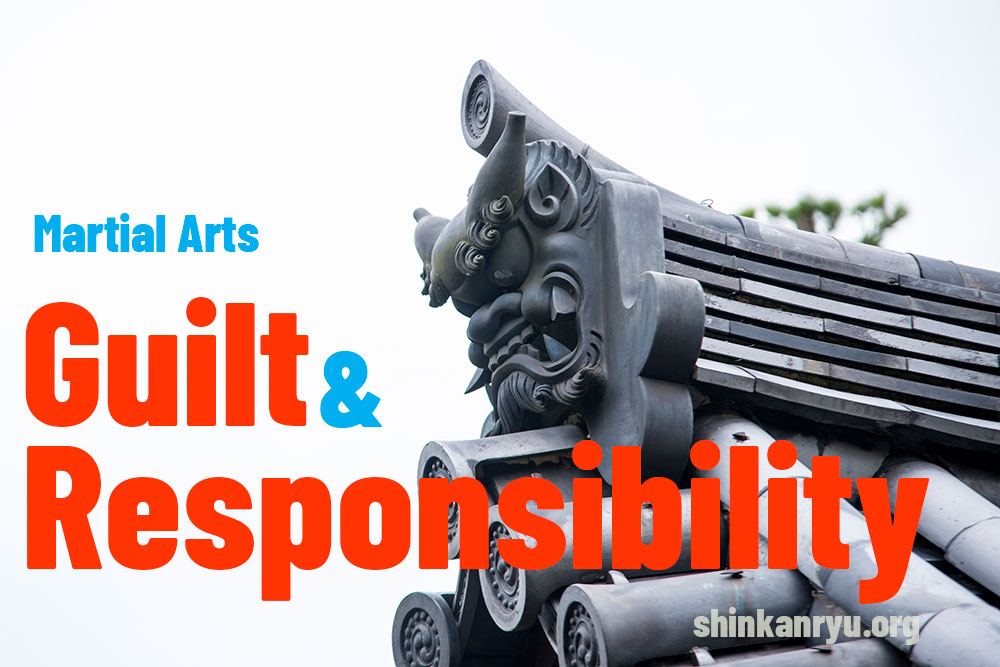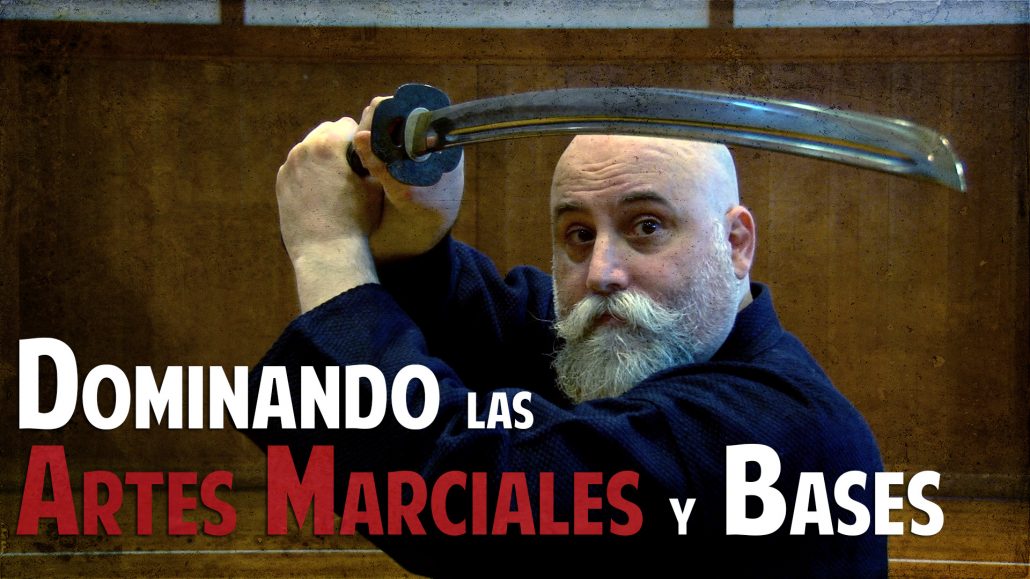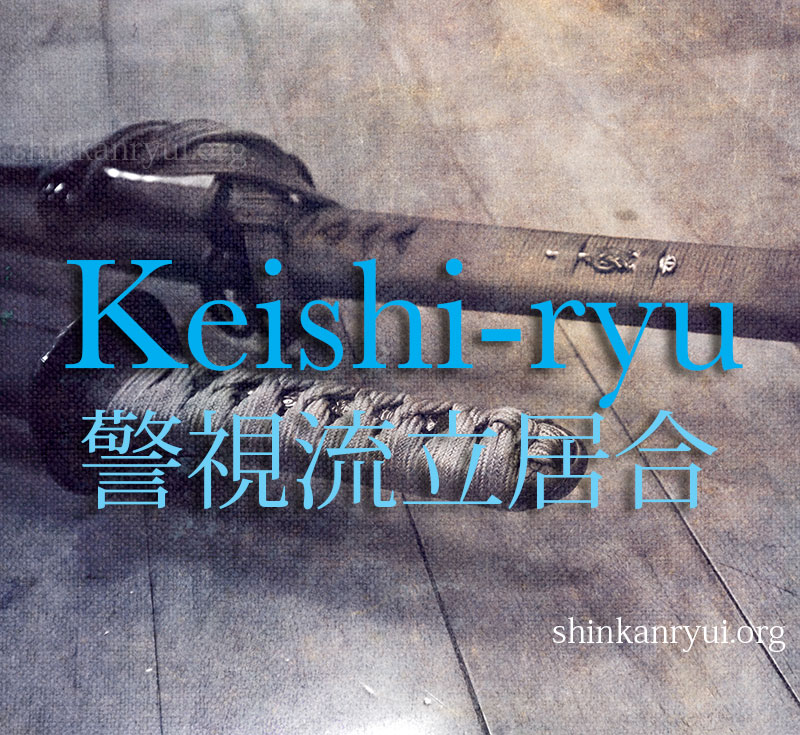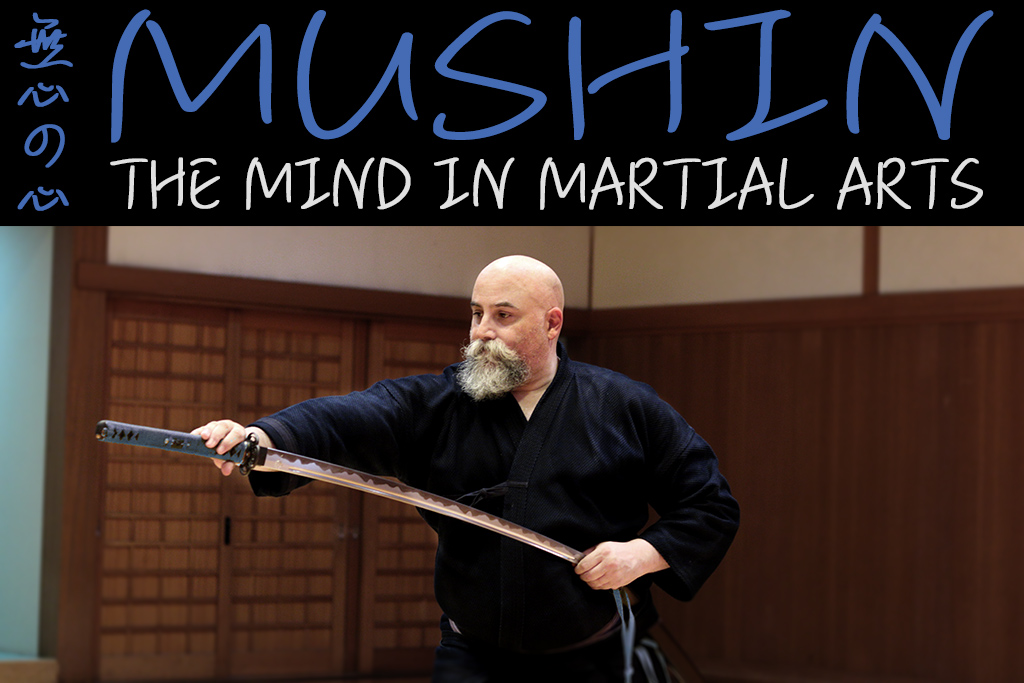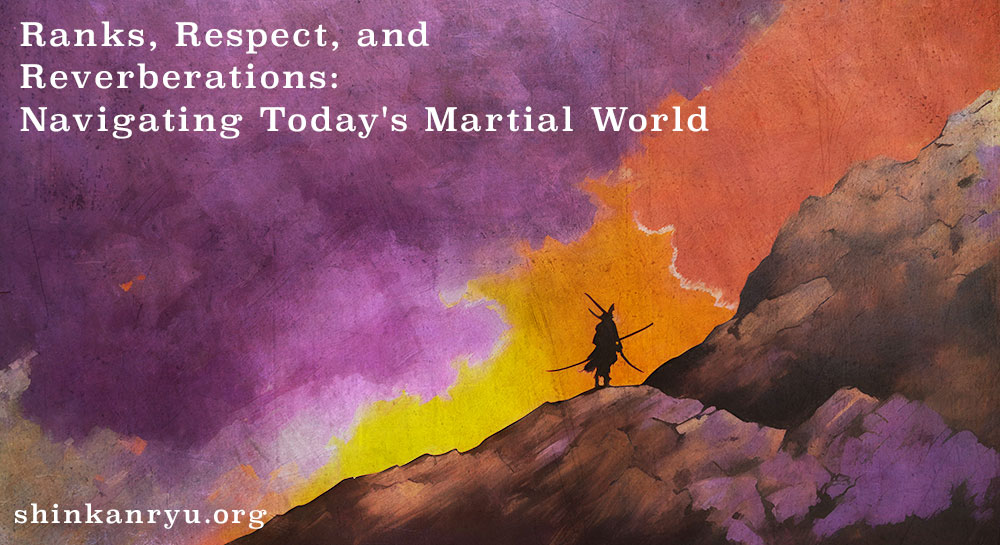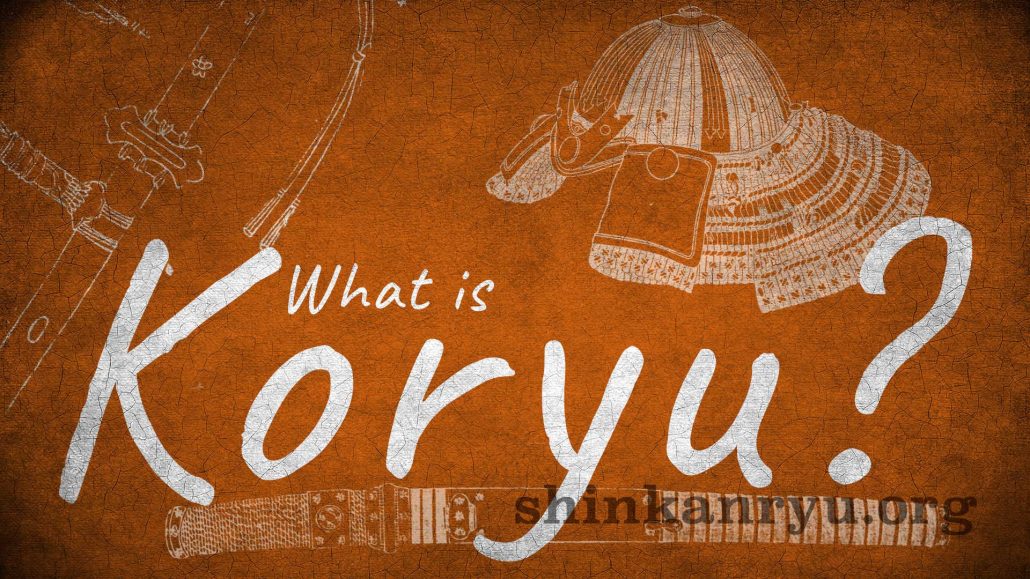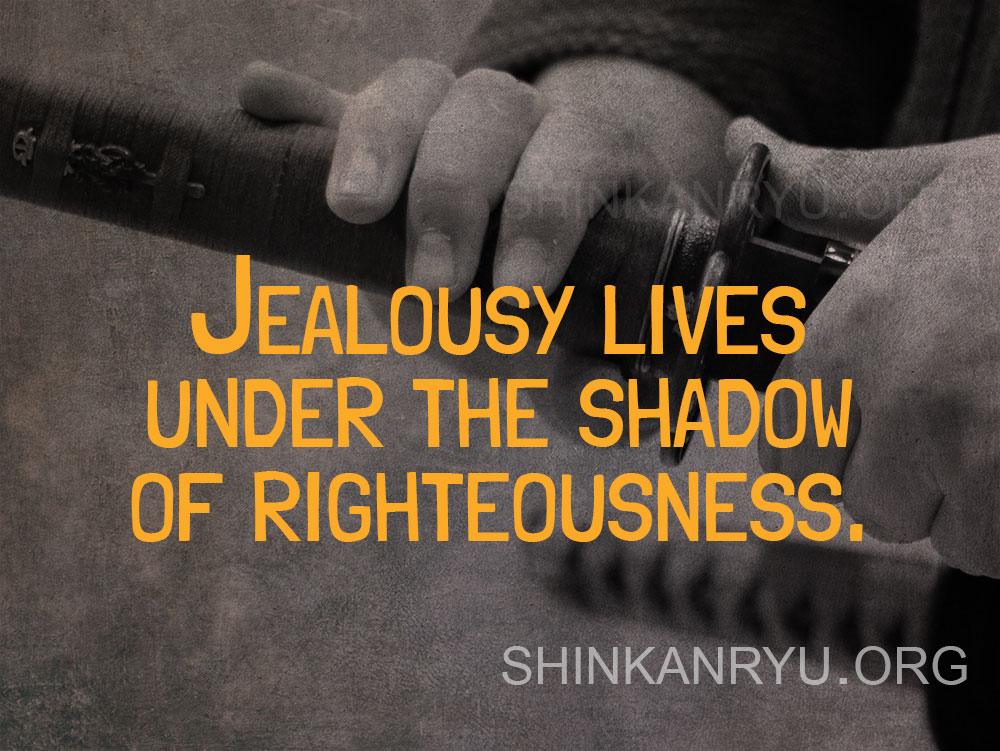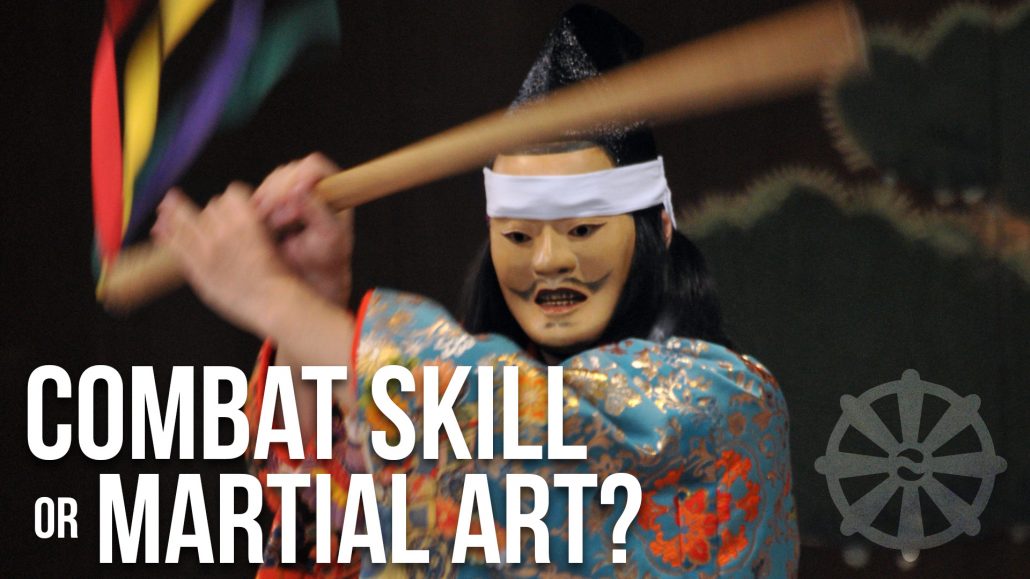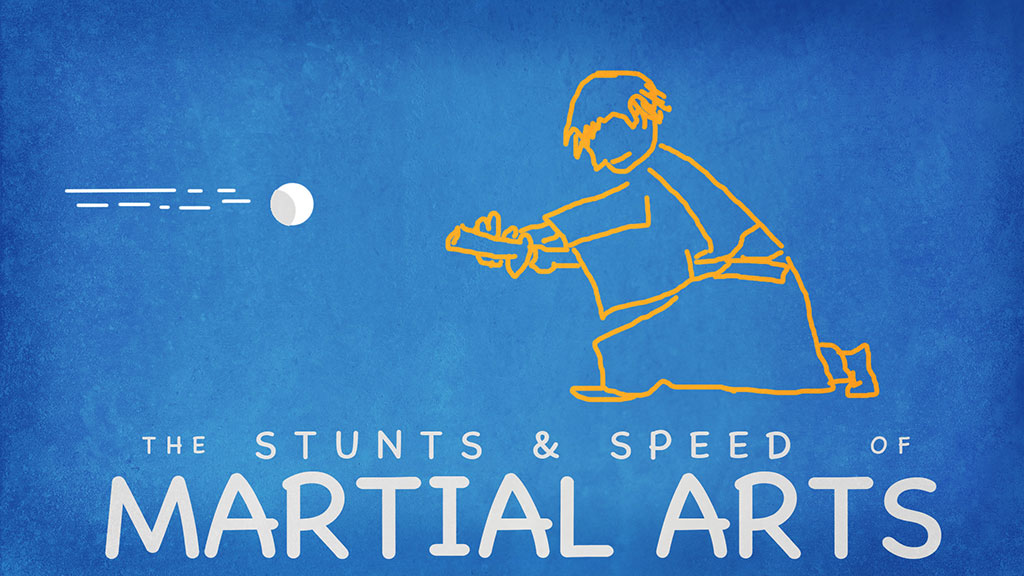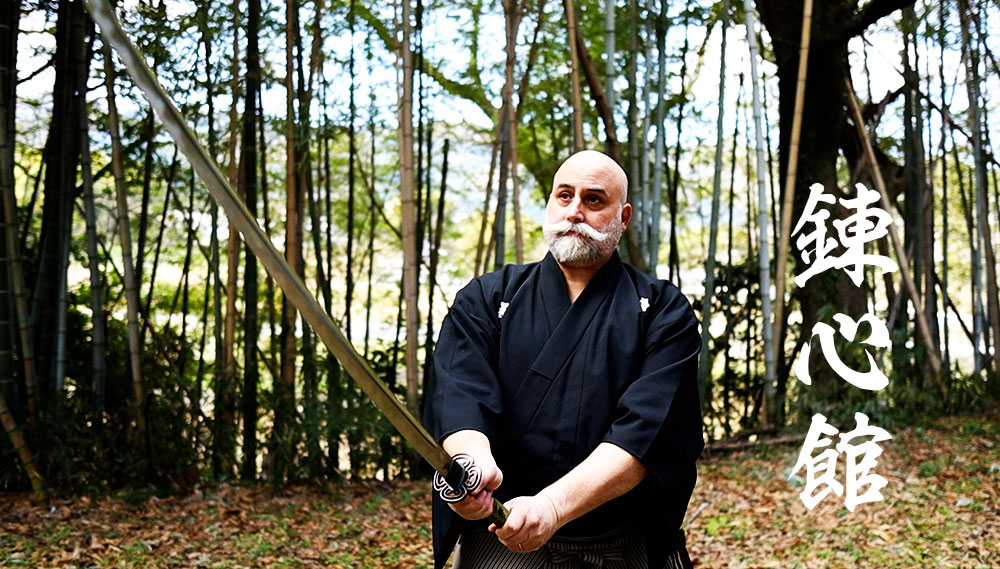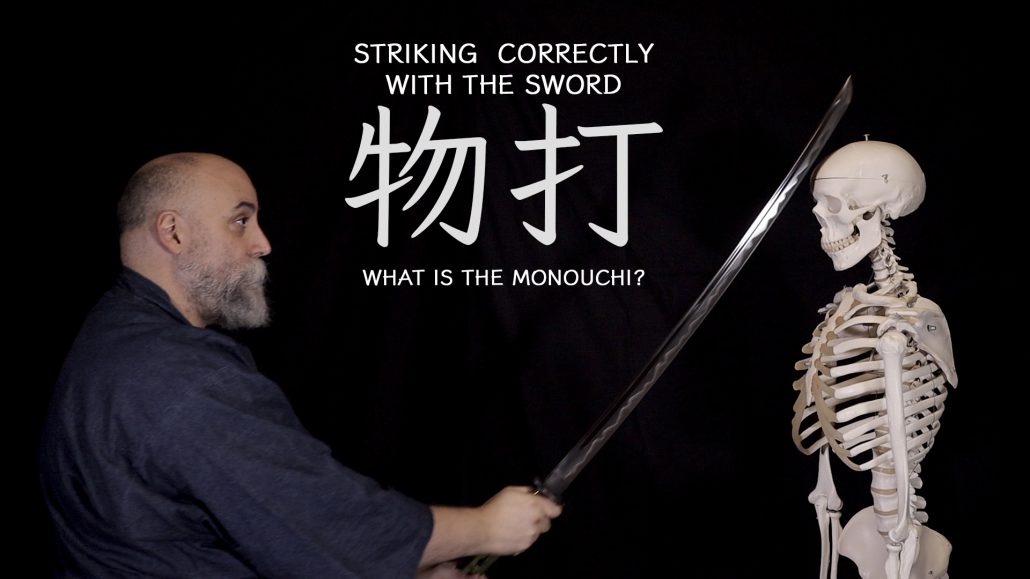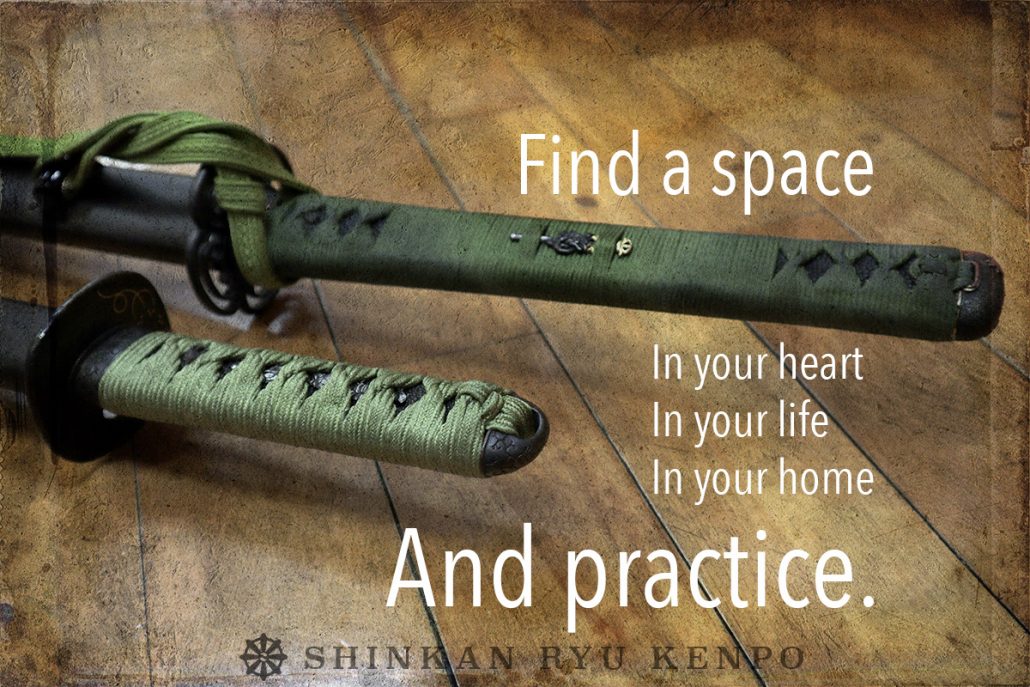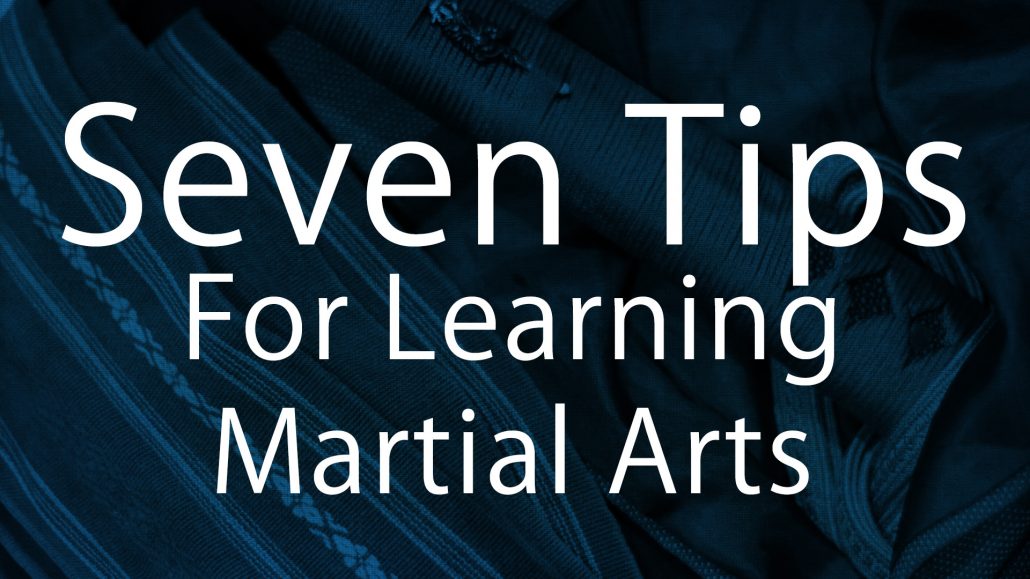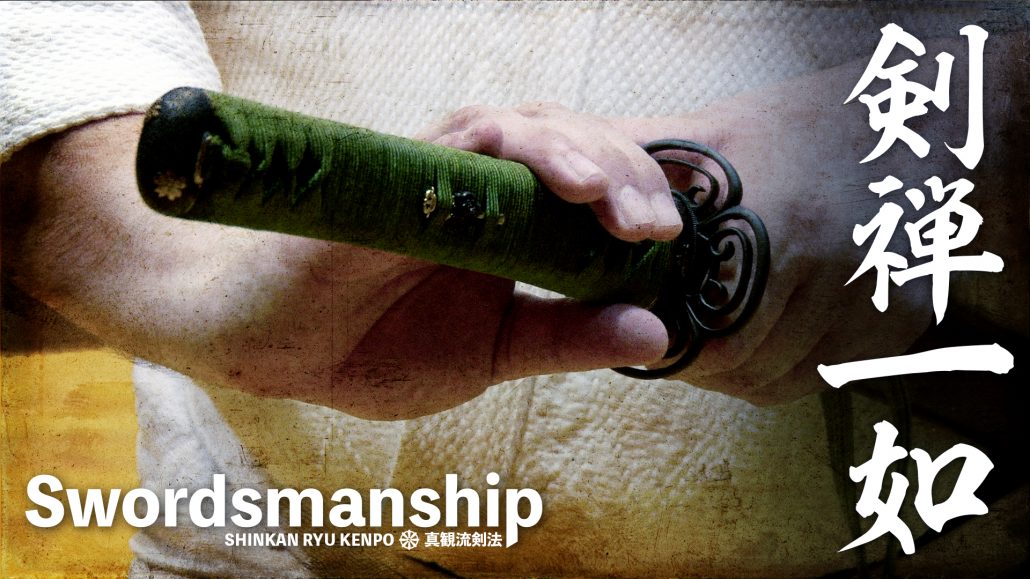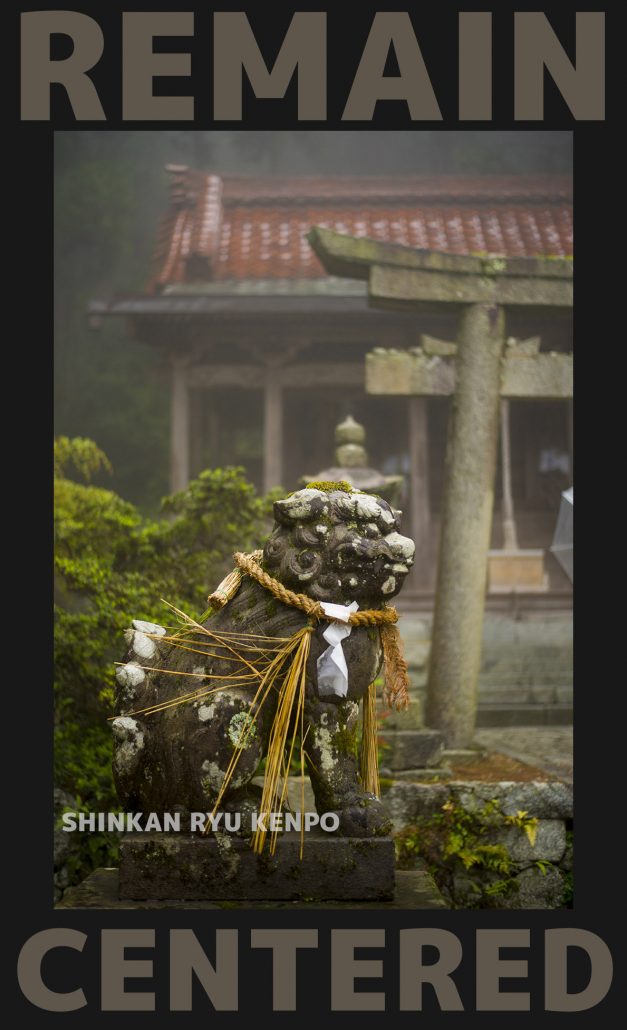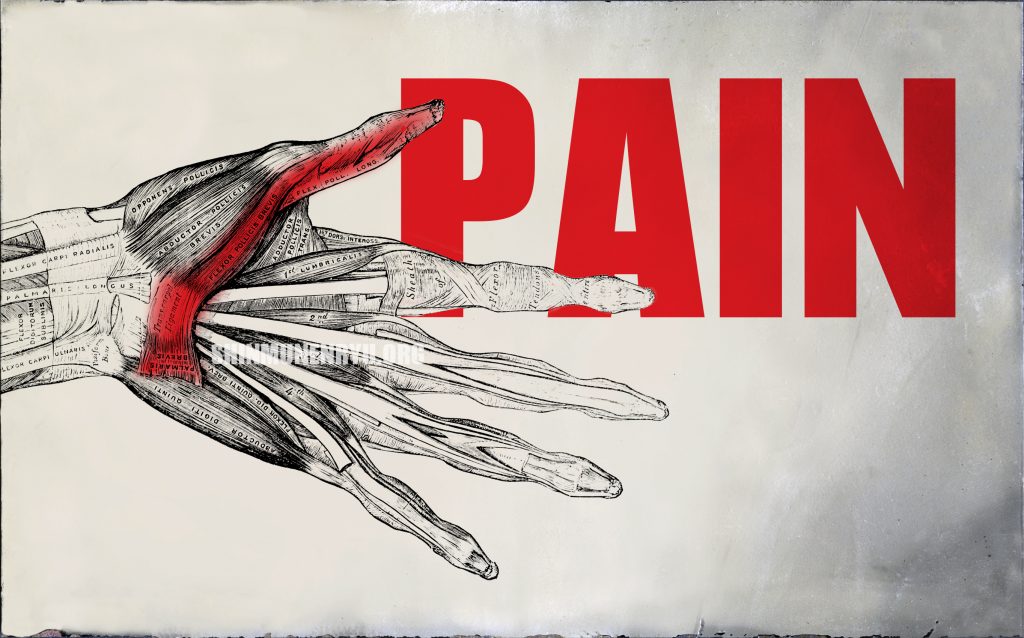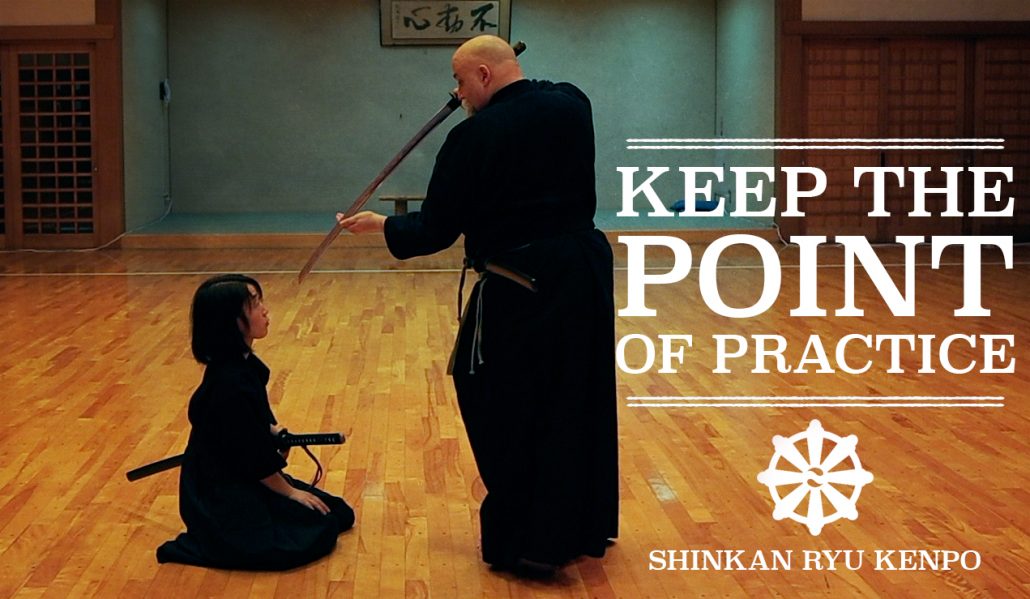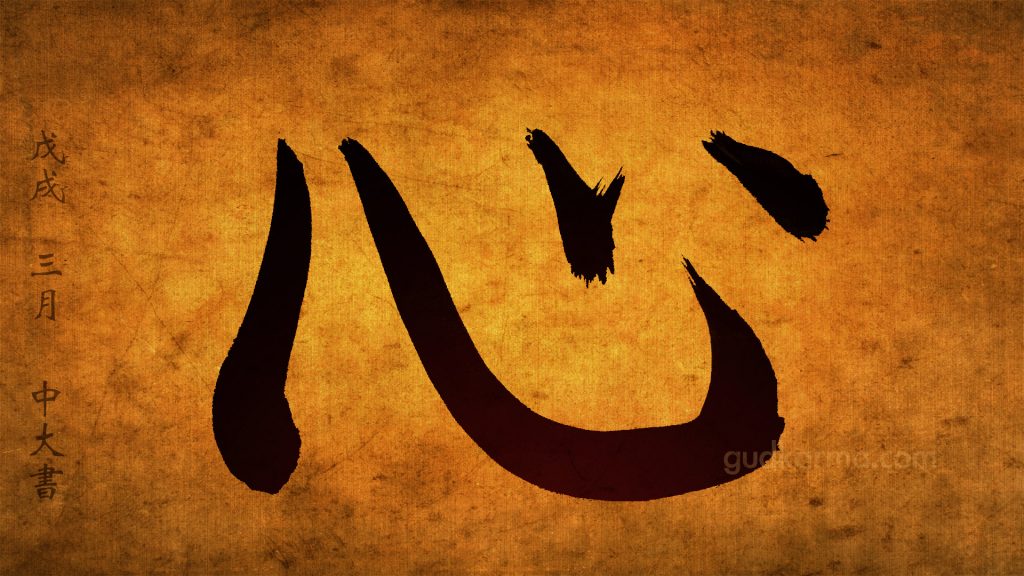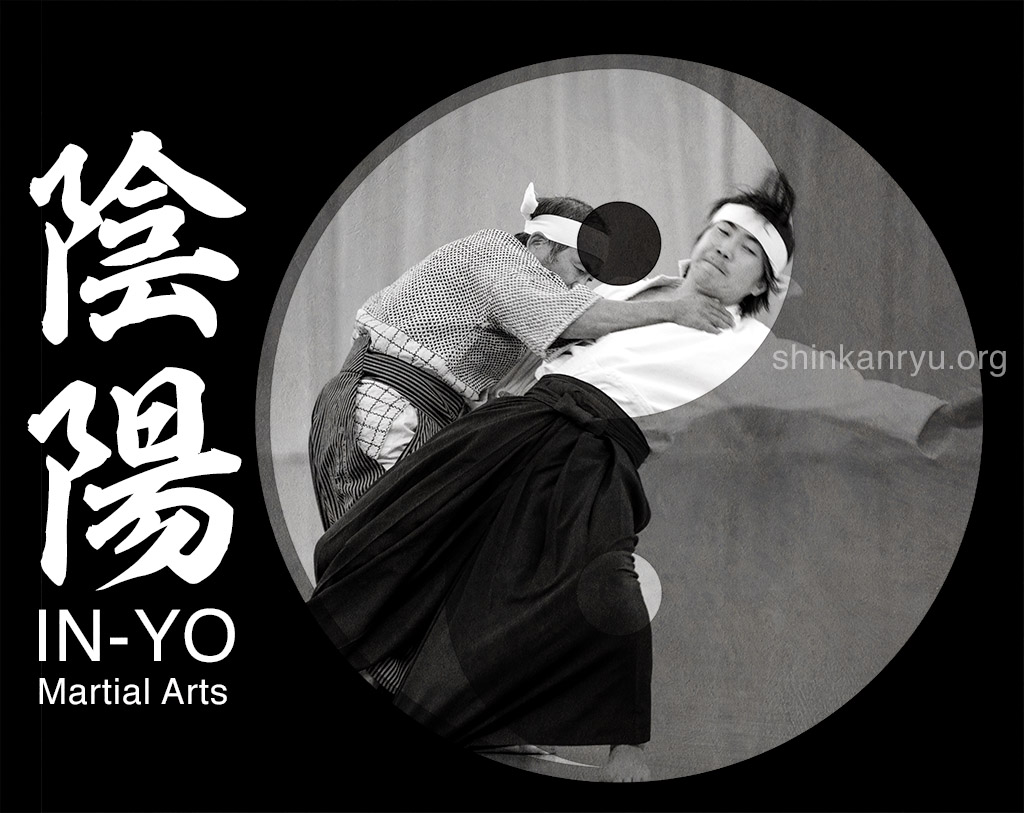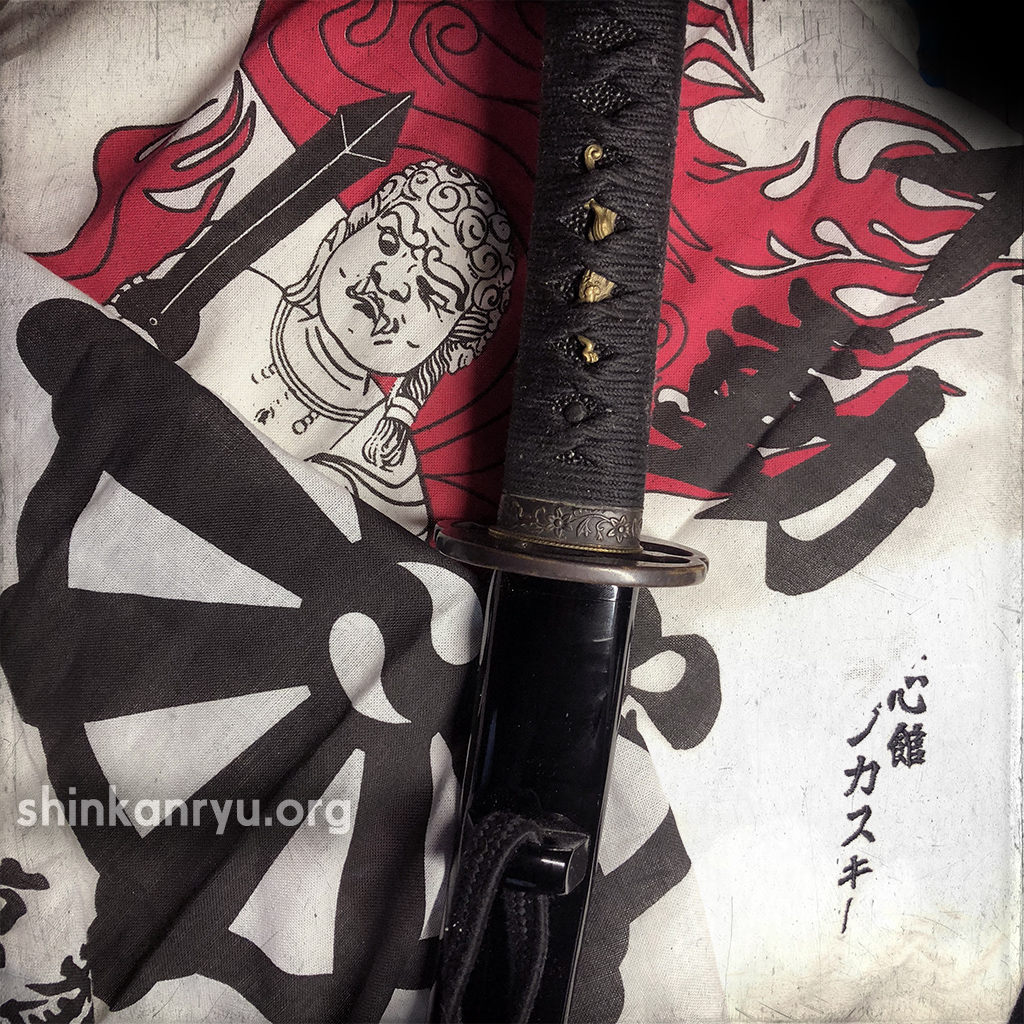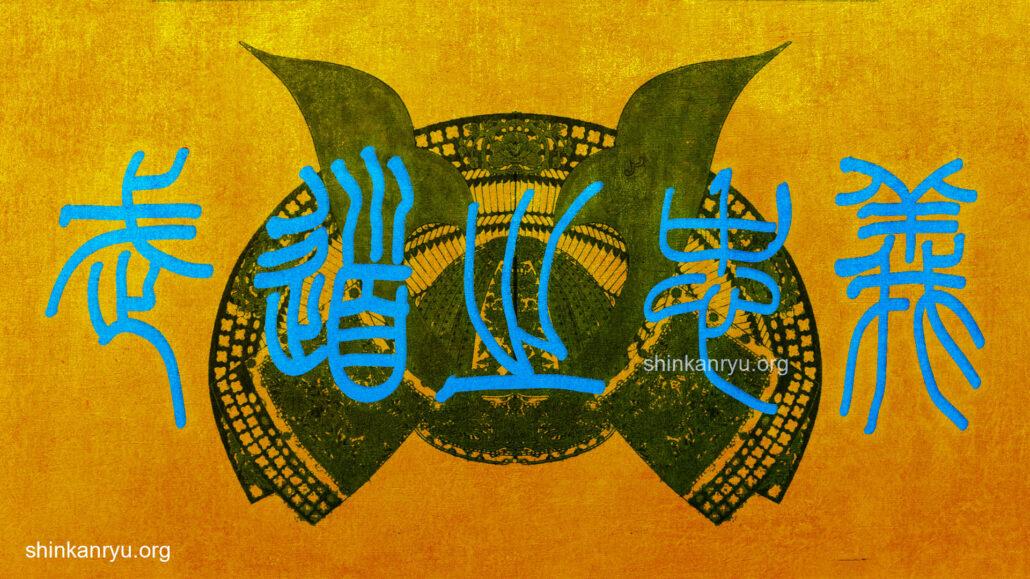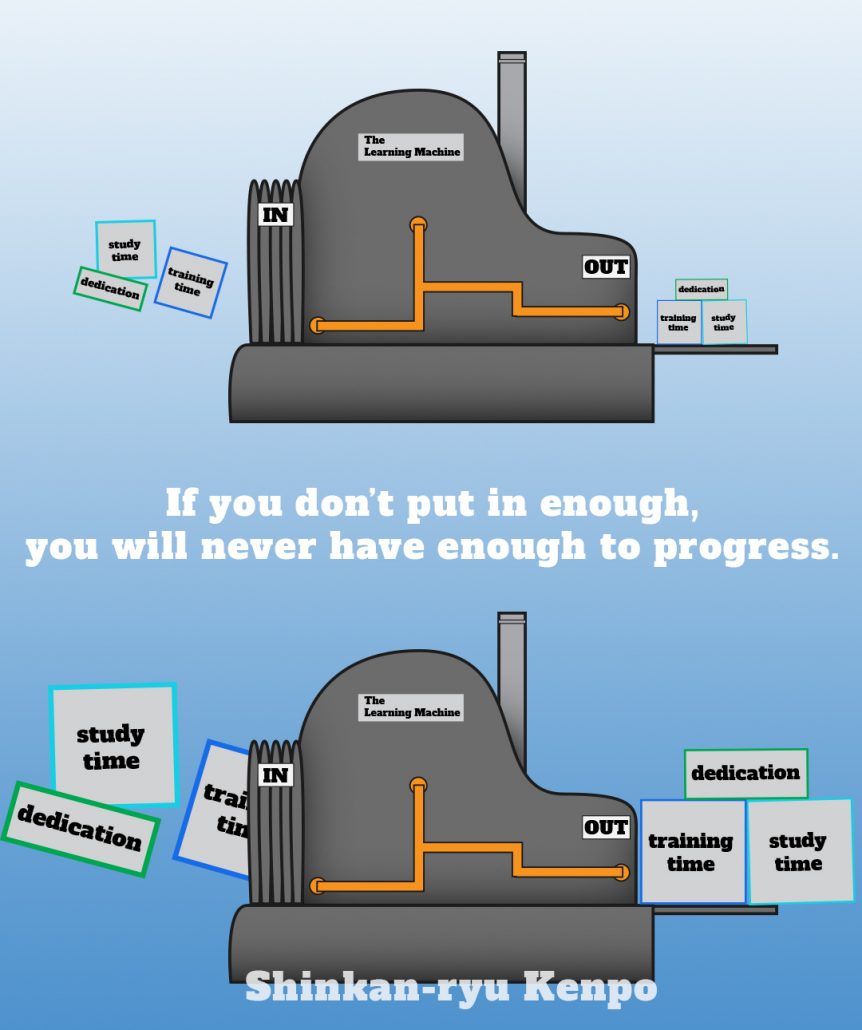I heard a student say, "If I don’t do any kind of training every day, I feel a strong sense of guilt." When I heard that, I felt uncomfortable. As a teacher, the last thing I want my students to feel is guilt. While our training expectations and requirements are not lenient, there is no reason someone should feel guilt. Seeing students guilty should be a red flag for any martial arts teacher. There should be an immediate reflection on the messages they give their students regarding training and the school. As a martial artist, if you feel guilty, it might be time to think about your mindset.
I do not want any students to feel guilt, or to even fuel feelings of guilt for themselves. When we join a martial arts school it is to learn. We want to learn many things. The techniques, the school's philosophies of combat, mental health, better physical condition, and often to simply enjoy something we have an interest in.
Guilt certainly serves its purpose. It is not inherently bad to feel guilty. We should not feel a strong sense of guilt, however, regarding not training. Nor should we stoke feelings of guilt for not fulfilling our training duties as students. Guilt can present a feeling of powerlessness in ourselves that we are just a slave to something without control. I am not saying guilt is solely unhealthy and to be avoided in life. Guilt serves as a mechanism from which we can learn something. There is a good reason to feel guilty after cheating or lying to someone. When we go against our morals guilt serves as a checking mechanism. It is natural.
We should not be a slave to our bujutsu.
If we want to learn, the hard fact is training physically and mentally as often as we can is the road we must tread. The person who shows up to class three times a week will learn more than the person who shows up sporadically. As students, we should clearly understand some responsibilities that go along with studying bujutsu.
Responsibility is about having power and control yourself. You have control over your decisions. You have the power to train. Keiko is our responsibility as students in a school. Training should be hard to skip for small reasons as it builds our skill step by step, very literally. Feeling responsible as part of the school is a positive experience, whereas feeling guilty becomes quite negative. Being responsible for our keiko evolves from a desire to improve ourselves.
Be careful about any teacher guilting you into doing things. Be wary when you start using guilt as a means to get things done in your bujutsu keiko. Having a healthy sense of responsibility for your training will go a long way to serve you well.
While we should push ourselves, sometimes there are days when skipping training might be a good idea. There is no reason to feel guilty about that. Most of the time, pushing past the minor issue and performing keiko will benefit you and the school. Don't feel guilty about not performing keiko; feel responsible, and understand why you should and shouldn't perform keiko on any given day. Talk to your teacher and senpai if you are confused about training.
©2020 S.F.Radzikowski

ラジカスキー真照
館長Saneteru Radzikowski is the head sword instructor of Shinkan-ryū Kenpō. He lives and teaches Iaijutsu and Kenjutsu from Nara, Japan.
Dominando las Artes Marciales y las Bases
Hablaré acerca de bases y dominio. Antes de comenzar, quiero decir que usaré la palabra...
Keishi ryu Iaijutsu
In 1888 the Tokyo Metropolitan Police department decided to cull various ryu-ha together to form...
Mushin State of No Mind In Martial Arts
I would like to express my thoughts on the concept of mushin no shin —...
Ranks, Respect, and Reverberations: Navigating Today’s Martial World
In the hallowed path of martial arts, the journey has always been as significant, if...
What is Koryū?
Japanese martial arts are usually defined in two groups. Pre-modern and modern. There are no...
Jealous Martial Artists
Martial artists should be aware of what can live in the shadow of righteousness; jealousy...
Are Combat Skill, Self Defense & Martial Art The Same?
Why make the distinction between martial art and combat skill? I believe that combat skills...
Speed, Martial Arts and Samurai Theater
What’s the difference between bugei 武芸 (martial arts) demonstrations and stunts? People are awed by...
6 Years of Shinkan-ryū Kenpō
Last week marked the 6th year of Shinkan-ryū Kenpō. I want to thank the faithful...
Striking with the Katana: What is the Monouchi?
https://youtu.be/pXpzSBLGkbI
Budō Practice Is Everywhere
Practicing without many excuses not to is a good practice.
Seven Points For Learning Martial Arts
I am often thinking about how to learn bujutsu productively. The efficiency of body and...
Ken Zen Ichi Nyo Sword & Zen Are One
剣禅一如 The sword and zen are one. The mind of zen is an important consideration...
Bujutsu Centering
When practicing bujutsu we should always work on being centered. For non-practitioners, it is also...
Pain & Training In The Martial Arts
Pain & Training Pain is a universal dilemma. Especially for those in sports or martial...
The Point of Iaido & Tame
Pardon the pun, but the point of iaido is important to keep. When we practice...
The Martial Arts Heart
Budo values reflection and compassion. When these are not present it is hard to develop...
Secrets of Swordsmanship: In-yō. Ying & Yang
I wanted to talk about IN-YŌ 陰陽, or more commonly known as yin & yang....
Unleash the Potential of Your Iaido Success
We’re diving deep into the art and discipline of Iaido, a journey that goes far...
Be Thankful.Be Earnest In Bujutsu & Life
Be thankful for your mistakes, failures, and blunders. They are your own teacher reminding you...
Bushido Chūgi The code of Loyalty
Loyalty is one of the shining points in any list about the virtues important to...
I Am A Lazy Martial Artist
There is a saying, “You get out of it what you put into it.” It...


